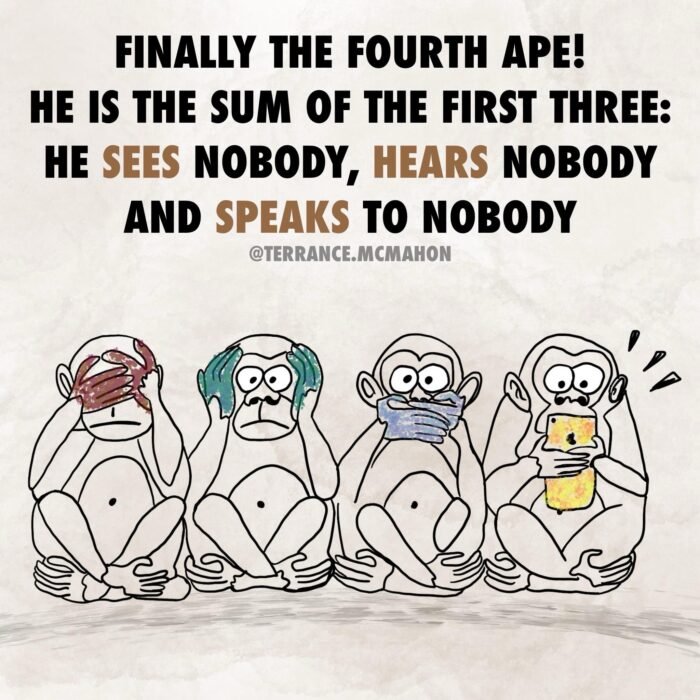
In the contemporary era, the perpetual tug-of-war between the allure of technological advancements and the enduring essence of humanity’s core values has become increasingly palpable. As society hurtles forward into an age of unprecedented innovation and digital transformation, the critical question arises: Should we prioritize the relentless march of technology, or should we cherish and uphold the timeless virtues of our shared human experience?
On one hand, the proponents of technology argue for its transformative potential, highlighting its ability to streamline processes, enhance efficiency, and unlock unimaginable possibilities. From the realms of healthcare to communication, technology has undeniably revolutionized the way we live, work, and interact with the world. Its capacity to bridge geographical divides, spur economic growth, and cultivate interconnected communities cannot be overlooked.
However, a fervent counterargument emerges from those advocating for the preservation of humanity’s intrinsic values. Amidst the digitized landscapes and automated routines, there lies an undeniable need for compassion, empathy, and authentic human connection. The nuances of emotional intelligence, moral reasoning, and ethical decision-making, which form the crux of our societal fabric, risk being overshadowed by the relentless pursuit of technological prowess.
Moreover, the exponential growth of technology raises legitimate concerns regarding data privacy, digital surveillance, and the erosion of personal agency. As algorithms shape our preferences, social media molds our perceptions, and artificial intelligence permeates our decision-making processes, the delicate balance between individual autonomy and technological determinism becomes increasingly precarious.
In the pursuit of progress, it is imperative to recognize the symbiotic relationship between technology and humanity. Embracing technological innovation while safeguarding the sanctity of our shared humanity entails cultivating a culture of responsible innovation. We must prioritize the ethical development and deployment of technology, ensuring that it serves as a catalyst for human betterment rather than a force of disintegration.
In conclusion, the choice between technology and humanity is not binary; it demands a nuanced understanding of their interdependence and the imperative to strike a delicate balance. By fostering a holistic approach that integrates technological progress with humanistic values, we can pave the way for a future that harmonizes the benefits of innovation with the preservation of our collective human dignity. Only through this harmonious coexistence can we navigate the complexities of our rapidly evolving world and build a future that is truly equitable, inclusive, and sustainable.
This part is written by me the human. I will choose technology for humanity. My technology counterpart (a.k.a ChatGPT) is quite reserved in expressing its opinion on the topic raised. But certainly, it has helped me to put my point across through an actual application.
I’m not sure when will I have the time and motivation to write a proper essay to illustrate my stand pertaining to this topic. Thanks technology!
